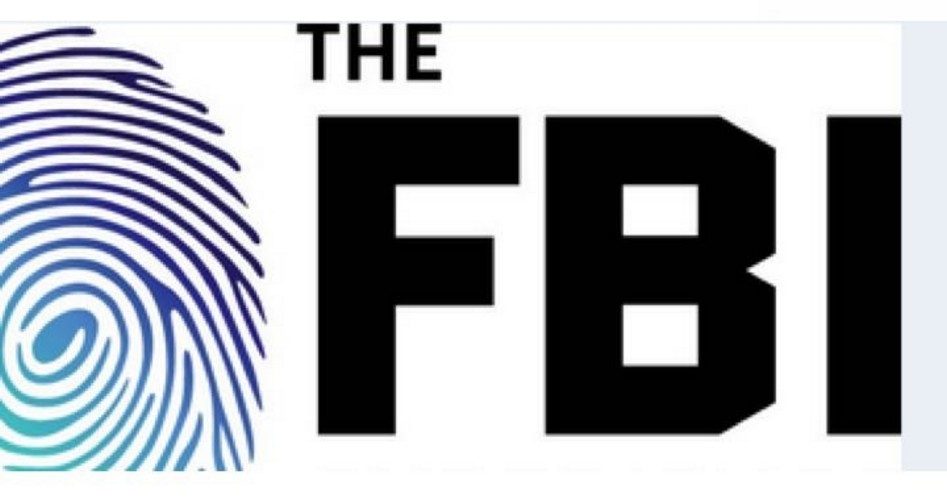
When investigators raided and searched the home of one-time Trump campaign manager Paul Manafort in July, they seized enough evidence to convince a grand jury last week to indict Manafort on a laundry list of charges. But it appears that at least some of the things seized in the raid may not have been covered by the search warrant.
As CNN reported in September when the search became public:
Mueller’s team has employed some aggressive tactics. In one such case, Mueller’s team may have obtained evidence in the raid of Manafort’s home that was not covered by the search warrant, sources told CNN.
Also, from that same article:
During that raid, Mueller’s investigators took documents considered to be covered by attorney-client privilege, sources told CNN. Lawyers from the WilmerHale law firm, representing Manafort at the time, warned Mueller’s office that their search warrant didn’t allow access to attorney materials. The documents in question have now been returned, the sources say.
The episode raised questions about whether investigators have seen materials they weren’t entitled to obtain.
And as this writer asserted in a previous article on a different (but related) topic, the indictment against Manafort may already face legal scrutiny under the “fruit of the poisonous tree” doctrine, since the warrant for that raid in July was based on fraudulent information found in the now discredited Trump “dossier” that was illegally bought and paid for by the Clinton campaign and the DNC. As that article explains:
As the website of Cornell Law School explains, the “fruit of the poisonous tree” doctrine “extends the exclusionary rule to make evidence inadmissible in court if it was derived from evidence that was illegally obtained.” The site goes on to explain, “As the metaphor suggests, if the evidential ‘tree’ is tainted, so is its ‘fruit.’”
If investigators seized “documents considered to be covered by attorney-client privilege” during the search raid, anything derived from those documents would also be “fruit of the poisonous tree.” The fact that investigators returned the documents does little to dispel the question of whether the search violated Manafort’s rights protected by the Fourth Amendment. As CNN’s source points out, “You can’t unsee something.”
And as Henry Hockeimer, a former federal prosecutor, told LawNewz.com, “If they [investigators] had any kind of heads up, and they went beyond the scope of the warrant, that could be a problem.” Since Manafort’s lawyers “warned Mueller’s office that their search warrant didn’t allow access to attorney materials” and investigators seized those materials anyway, it is obvious that Mueller’s investigators had a “heads up” and chose to ignore it.
The actions of Mueller’s investigators is the stuff that gets evidence thrown out. In fact, Reuters reported in June about the case of Wall Street financier Benjamin Wey. In that case, a federal judge suppressed all evidence seized in U.S. government searches of Wey’s home and offices. In her decision to throw out the evidence because — as in Manafort’s case — investigators had exceeded the limits of the warrant, Judge Alison Nathan wrote, “This conduct reflects, at least, grossly negligent or reckless disregard of the strictures of the Fourth Amendment.”
The comparison between Wey’s case and that of Manafort is even stronger when one realizes that in Wey’s case, investigators seized documents such as children’s school records, divorce records, family photos, medical records, prescription documents, recreational schedules, resumes, and X-rays, but there was no warning from lawyers that the documents were protected by attorney-client privilege. In Manafort’s case, some of the documents seized were protected by that privilege and the warning was given.
So as Mueller’s team attempts to build a case against Manafort, it appears to be shaping up to be a comedy of errors. In the few days since the indictment was made public, there are already at least two points that have emerged that could allow Manafort’s lawyers to ask a judge to suppress — as “fruit of the poisonous tree” —the evidence on which the indictment is based.
One is left to wonder whether Mueller is up to the task of investigating this — or any other — case.
Image: Screenshot from the official FBI website




